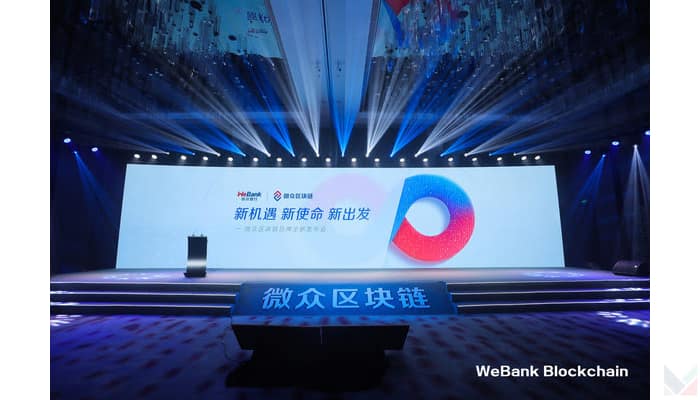California, USA – Global user retention platform CleverTap has appointed Honey Bajaj as its newest senior vice president and global chief of consumer experience. Through her new roles, Bajaj will pioneer CleverTap’s extensive program to help companies reimagine customer experience.
Prior to joining CleverTap, Bajaj has built an innovation pipeline for several Fortune 500 companies, including Boston Consulting Group Digital Ventures, Disney, Microsoft Research, MIT Media Lab and Tata Group. She has also have extensive experience as an innovation leader and a social entrepreneur in India and the United States.
Speaking about her appointment, Bajaj said, “I have always focused on designing for impact and inventing for scale by contextualising tech for the consumers. The truth is, no matter what we think we’re doing, we are all in the customer-experience business. Before you can accomplish it, you need to envision it. The digital behaviour and expectations of customers is evolving faster than most industries are able to deliver. I am looking forward to my journey with CleverTap to embed human-centred principles and design thinking into a series of initiatives and programs.”
She added, “These efforts will allow digital-first companies to co-create and simulate digital journeys that will fuel growth through superior customer experience and will enable CleverTap’s customers to realise their consumer journeys in a more seamless and contextual manner as the lines of the digital and omnichannel world are no longer separated.”
Meanwhile, Vikrant Chowdhary, chief growth officer at CleverTap, commented, “As we scale CleverTap into a global category creator for ‘Retention Cloud’, we realise that our customers are eager to co-create experiences that will fuel growth and the future of their own digital businesses. For this reason, we are expanding our leadership team with a new appointment that benefits the most important stakeholder: our customers’ customers.”
He added, “From fintech to ecommerce, and from on-demand super apps to media and streaming services, companies need the inspiration and tangible examples of the ‘Art of Possible’ to unleash human-centred design thinking, unlock new perspectives and drive powerful momentum and positive results for all stakeholders.”
Most recently, CleverTap has welcomed Anand Venkatraman as its newest chief operating officer.












